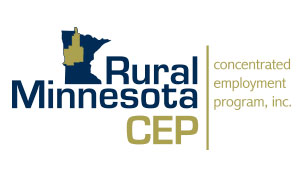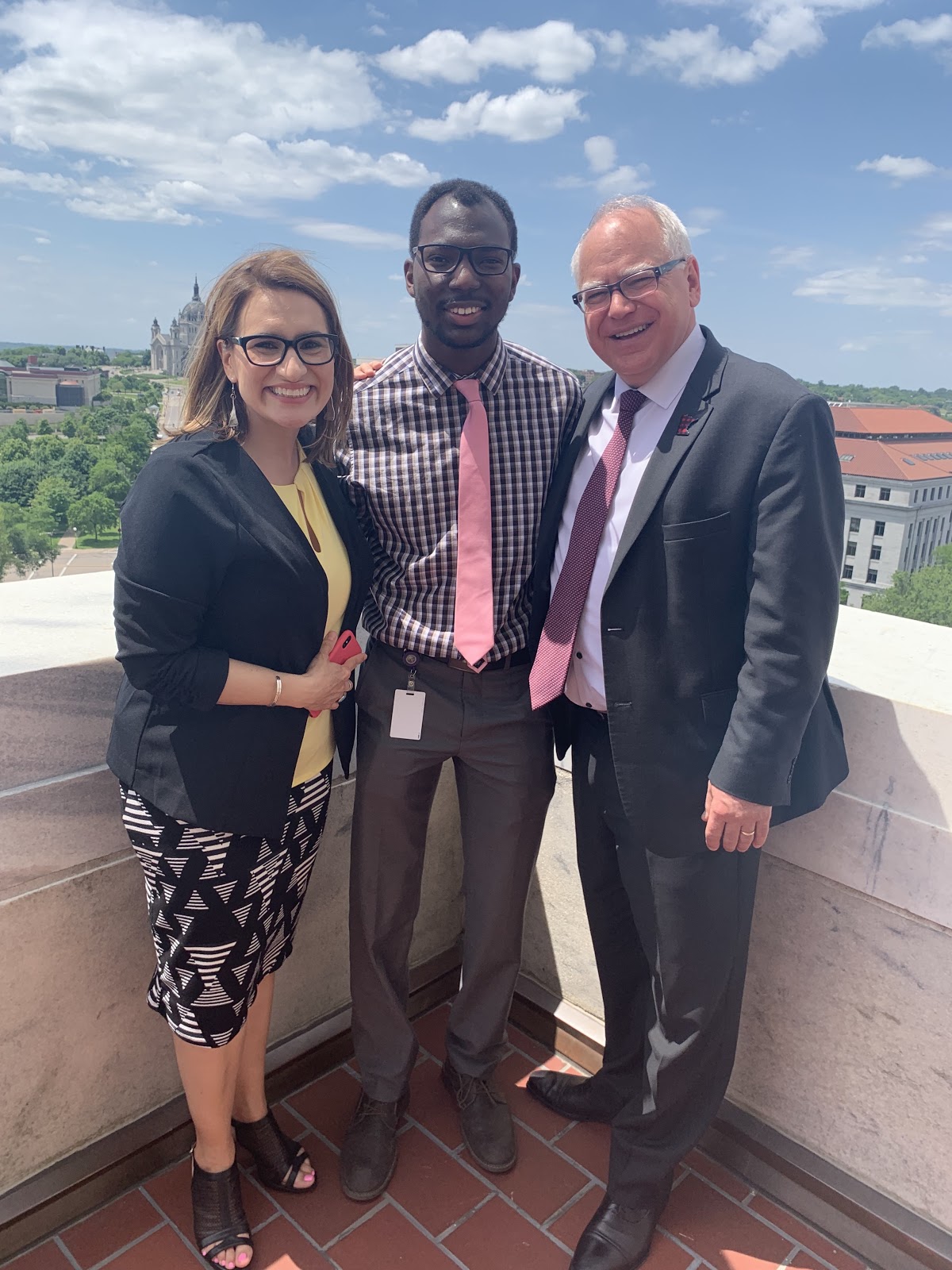Rural Minnesota CEP Has Job Assistance Expertise

10 Nov 2020
News
As a board member of Rural Minnesota Concentrated Employment Program (RMCEP) for over 15 years, Carol Anderson has lengthy experience helping job seekers and employers through tough economic conditions.
“I was around during the Great Recession in the late 2000’s and the most crucial aspect of economic recovery is the same now as it was then,” she said. “You have to be involved with employment, and at RMCEP, we do that very well.”
RMCEP is a private non-profit WorkForce Center partner that helps people find the jobs or training they need. With eight offices in Moorhead, Alexandria, Fergus Falls, Detroit Lakes, Bemidji, Brainerd, Wadena and Little Falls, it also assists employers across a wide area by posting their job openings and hosting job fairs. Each office has space jobseekers can use to look for job openings, write resumes, and get information on training and education available and for employers to conduct interviews. All services are available at no charge.
In addition to being a board member with RMCEP, Anderson is the Executive Director of Community Development of Morrison County, Inc., a nonprofit, economic development corporation in Little Falls. She is responsible for attracting potential new companies to Morrison County and for administering a $120,000 annual budget and four revolving loan fund portfolios totaling $2 million. For Anderson’s full bio, read here.
Job Experts
The service area for RMCEP covers 18 Minnesota counties. That is far from being a weakness, said Anderson, and is in fact, the organization’s main strength.
“Even though we are spread out, our staff become experts in their area and are trained so well that they know our programs in great detail,” she said. “That expertise has been one of our greatest selling points for businesses looking to move to one of our towns.”
Anderson cited RMCEP’s Financial and Accounting Departments as being second to none. She has been impressed with their ability to follow each program expense for every client and work together like a well-oiled clock.
“But beyond their technical abilities, they find success for businesses and individuals because they care about people,” she said.
Anderson also has been impressed with RMCEP’s flexibility regarding methods to find jobs for individuals and companies alike.
“We use various forms of advertising and social service programs, but we are also able to respond to word-of-mouth,” she said. “If we hear of a layoff, we typically are able to get staff to that business site to work with individual employees before they are gone.”
Another important area under RMCEP’s umbrella is working with high school students. In some schools, career counselors are actually RMCEP employees and help students with their interests, job shadowing and internships, job applications and entrance exams.
“Most times, these kids do not know where to go for career assistance,” said Anderson. “We try to reach to everyone that may be interested in jobs.”
Covid-19 Impact
The COVID-19 pandemic has been the driving force for RMCEP efforts for several months now, changing the way their personnel operate. Like many other businesses, RMCEP offices were closed for a period of time, with personnel having to learn how to perform their functions remotely. Despite a significant number of layoffs throughout their service area, Anderson said she was surprised to not see more individuals looking for work.
“With the weekly $600 unemployment checks from the federal government, I think many people believed that would get them though until their jobs were available again,” she said. “But with many establishments not able to stay in business, those individuals are realizing they have to find something else because their jobs are gone.”
Confident in Future
Knowing individuals will need jobs and finding those jobs are very different. Organizations like RMCEP will take on the critical task of determining how local economies have changed and what their new needs are. Retraining individuals and business will be the key, said Anderson.
“Understanding what consumers want and how businesses need to change will affect how we can train prospective employees,” she said. “Restaurants may need to change their business models, agencies may need contact tracing and other possibilities we cannot think of yet will become critically important.”
Despite the hardship the pandemic has caused, Anderson sees signs of positivity and is confident in the future. One example comes from her experience as a farmer. The past few months have opened the general public’s eyes to where their food comes from and that offers opportunities for small farmers, she said.
“People will want to buy their food closer to home, which means we will need more small farmers, with meat processing facilities and the jobs that come with that,” said Anderson. “I have no doubt there will be jobs coming out of this in 2021.”
More Topics

RMCEP Announcement
Nov 9 2020
RURAL MN CEP, INC. PROCLAMATION
Oct 29 2020
